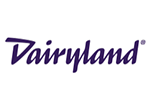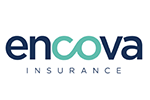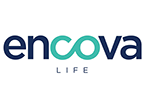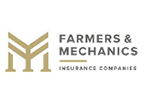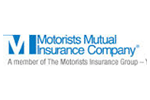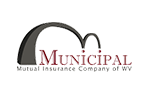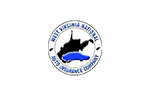Launching a cottage baking business in West Virginia can feel like the perfect blend of creativity and entrepreneurship. Thanks to the state’s cottage food laws, getting started is more accessible than ever before. But while the legal path is straightforward, the question of insurance deserves attention, because home-based doesn’t always mean risk-free, as Curtis Miller Insurance, serving Parkersburg, WV, explains.
What West Virginia Allows
West Virginia law permits the sale of certain non-perishable baked goods made in a home kitchen without requiring a commercial kitchen license. This means you can sell items like cookies, breads, and cakes directly to customers or at local events. However, these laws don’t include automatic protection if something goes wrong.
The Role of Insurance
Even small, home-based food businesses can face serious liability. If a customer claims that one of your products made them ill or caused an allergic reaction, you could be held legally and financially responsible. The state doesn’t require commercial insurance, but it offers valuable protection that can save your business from unexpected claims.
Types of Coverage to Consider
General liability insurance is a smart place to start. It can cover injuries or damages that occur because of your product or during delivery. Product liability insurance offers added protection in case your baked goods cause harm, even unintentionally. Property coverage may also be worth considering if you keep baking tools or inventory at home.
Operating under cottage food laws gives you a head start, but protecting your investment with the right insurance ensures you build on solid ground. Speak with an insurance professional who understands local business needs. With the right coverage through Curtis Miller Insurance, serving Parkersburg, WV, you can focus on what you do best—baking.
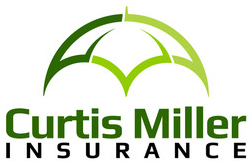





 Click to Call
Click to Call Get Directions
Get Directions
